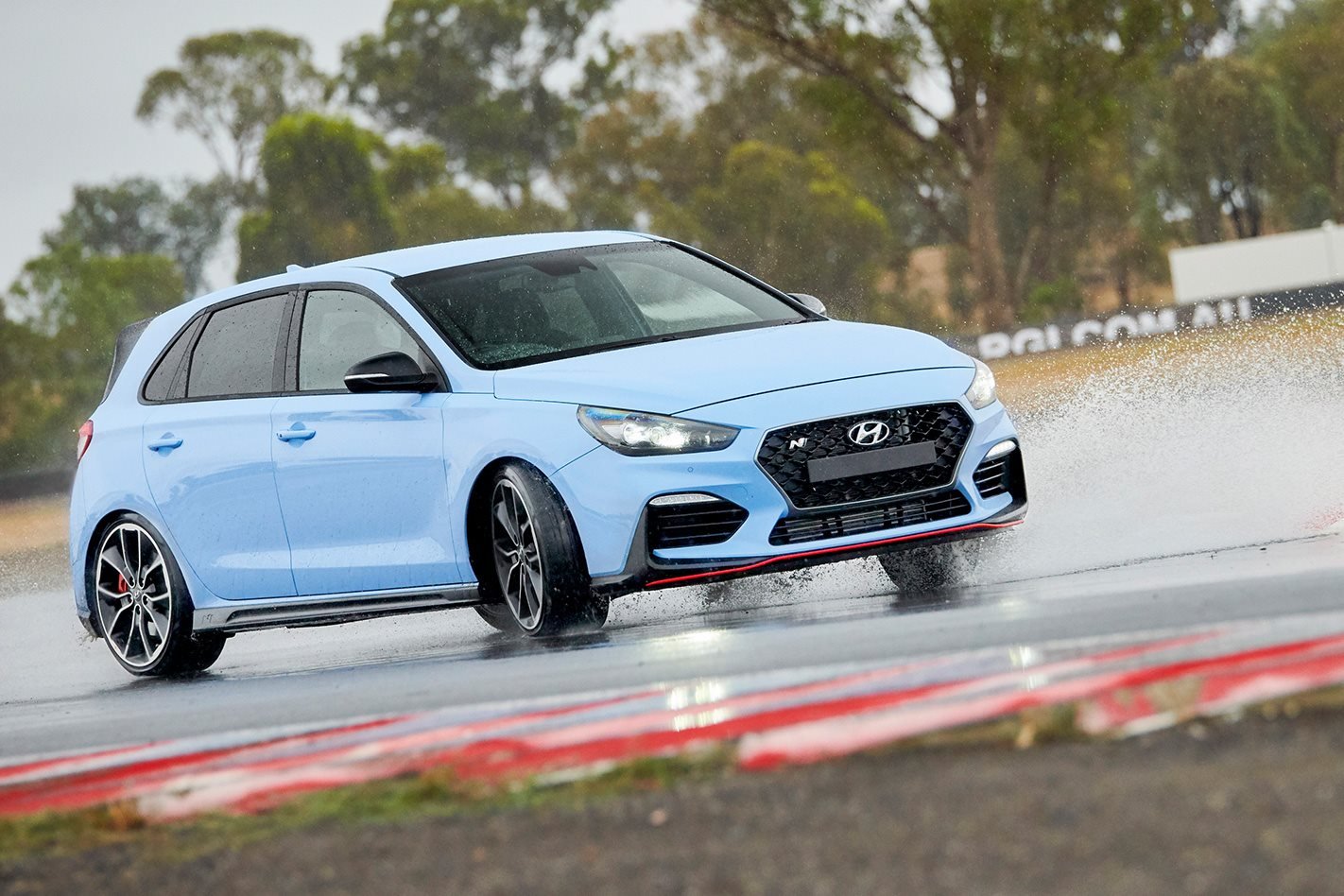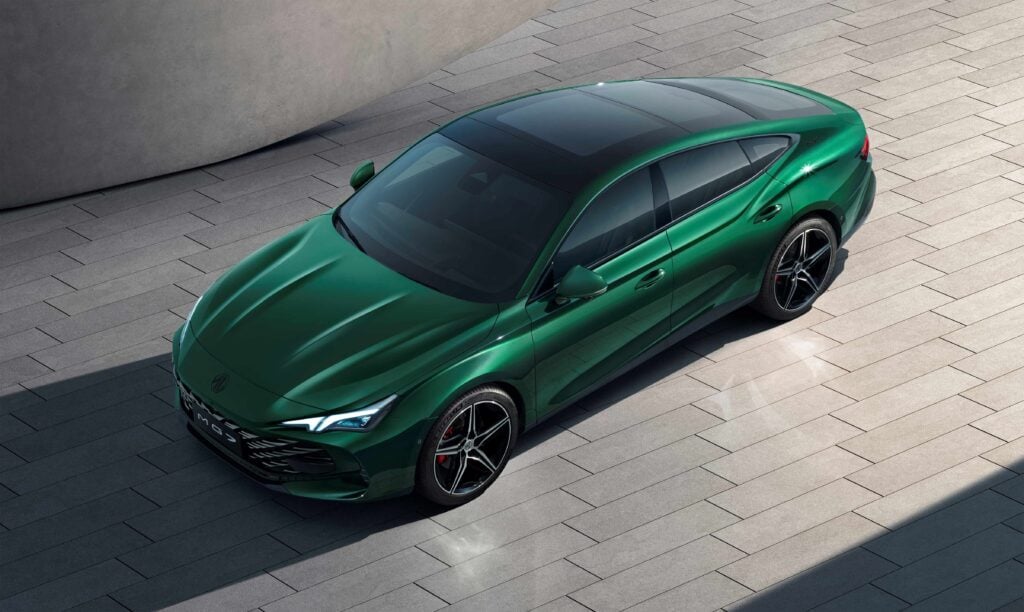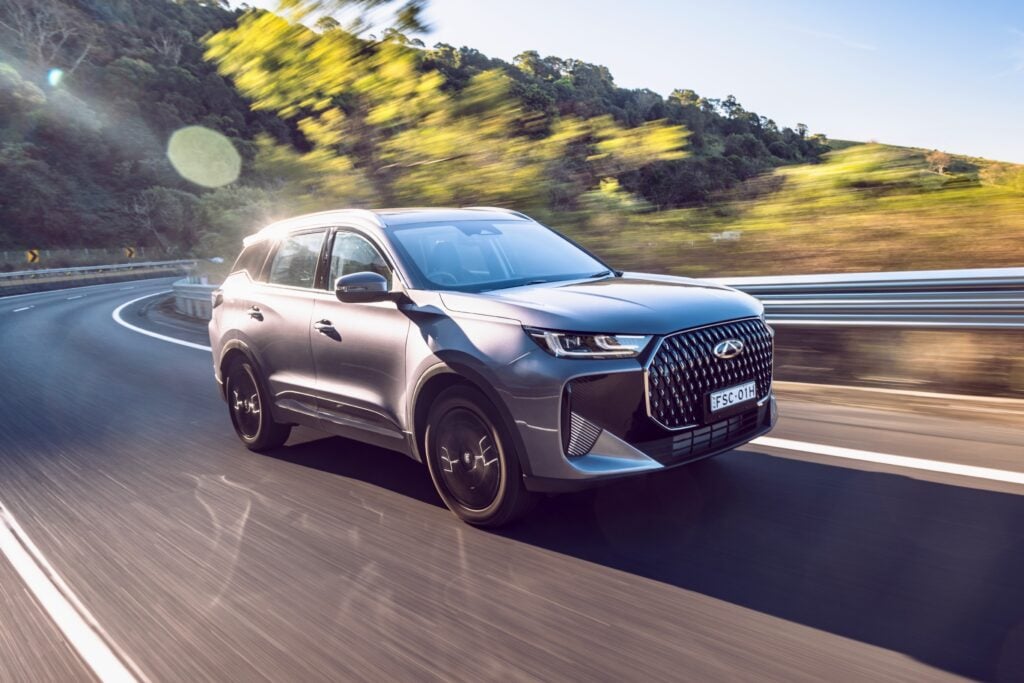HYUNDAI has revealed that owners of its brand-new i30 N hot hatch can take their cars to track day events without risking their warranty being voided. Such is the Korean automaker’s faith in the durability and performance of its first-ever ‘N’ car.
That means guilt-free track excursions for the full length of Hyundai’s standard five-year, unlimited-kilometre warranty, as long as the events entered are non-competitive – in other words, not an actual race. Hyundai doesn’t even mind if you fit stickier track day tyres either – something most track junkies are bound to do once the standard Pirelli P-Zero HNs are smoked.
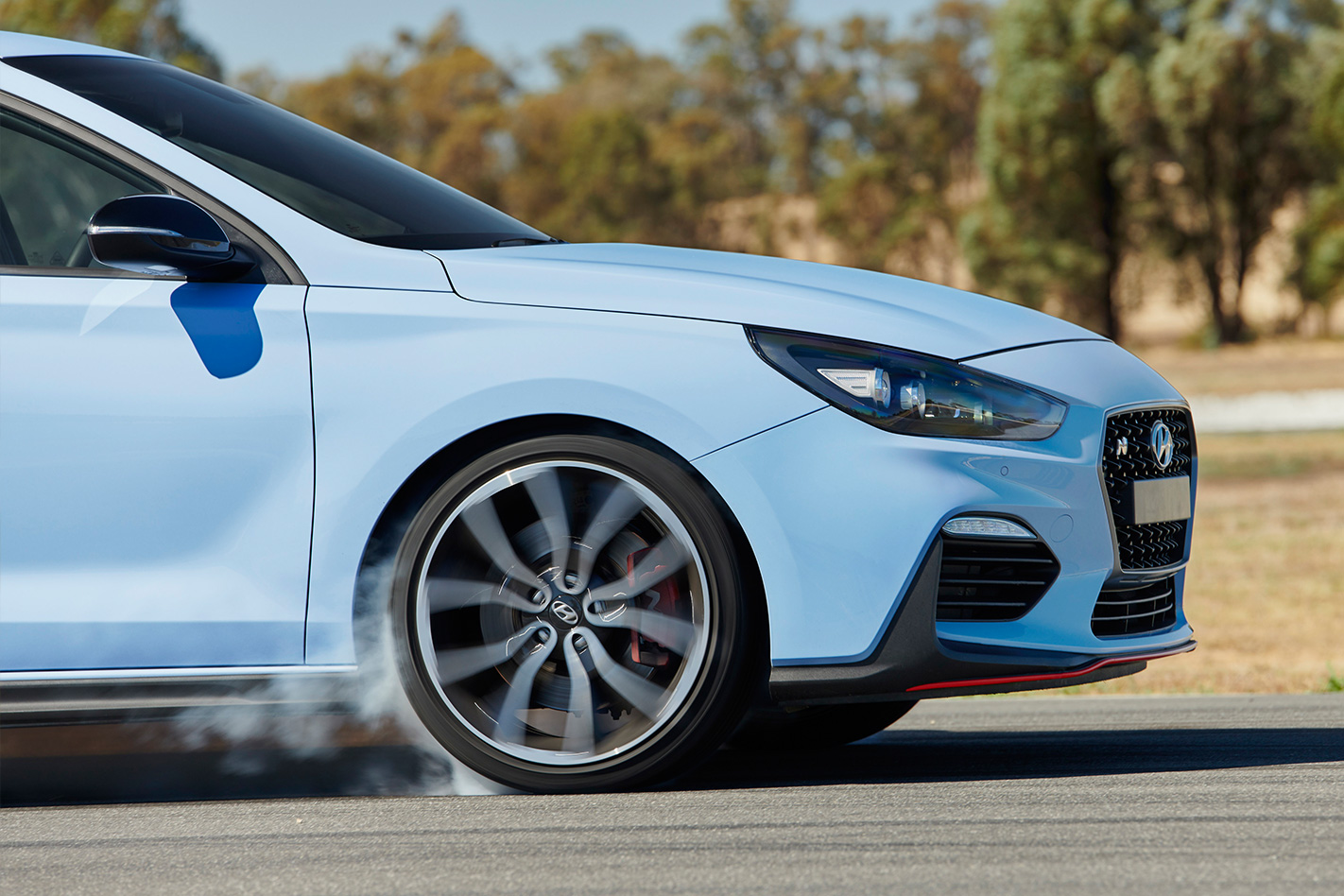
“Hot weather durability testing was carried out in Australia over the summer of 2016-17 as part of i30N N’s global development program, with a number of mechanical and electronic systems verified,” Hyundai Australia senior product planning manager Andrew Tuitahi said. “This is a car that is very familiar with our country already.”
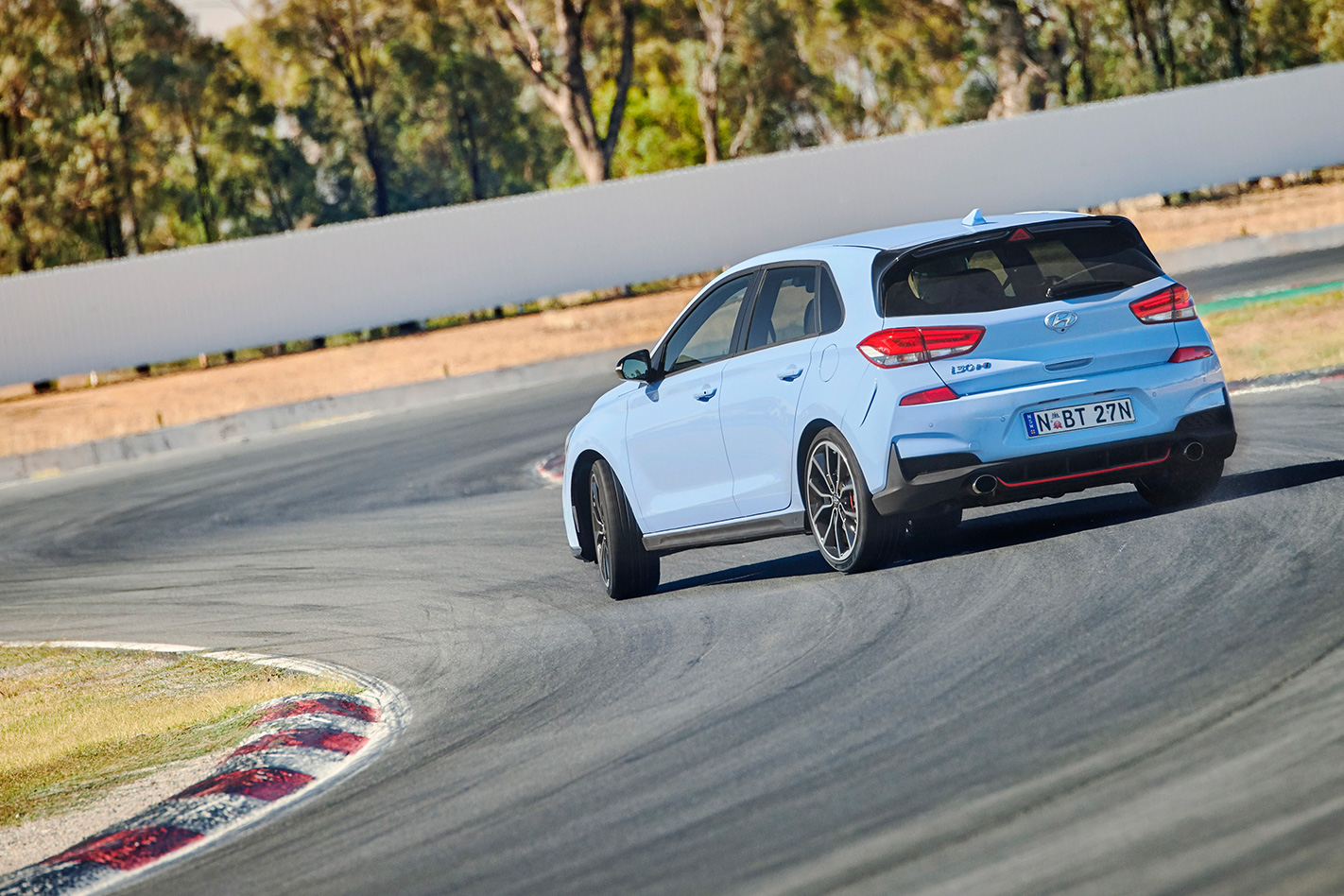
Producing a stout 202kW and 353Nm (378Nm with overboost), the i30 N is Hyundai’s first tilt at entering the hardcore hot hatch segment, currently populated by the likes of the Volkswagen Golf R, Honda Civic Type R, Ford Focus RS and Peugeot 308 GTi. Unlike those cars, the bulk of which are priced above the $50K mark, the i30 N is priced from an ultra-sharp $39,990.
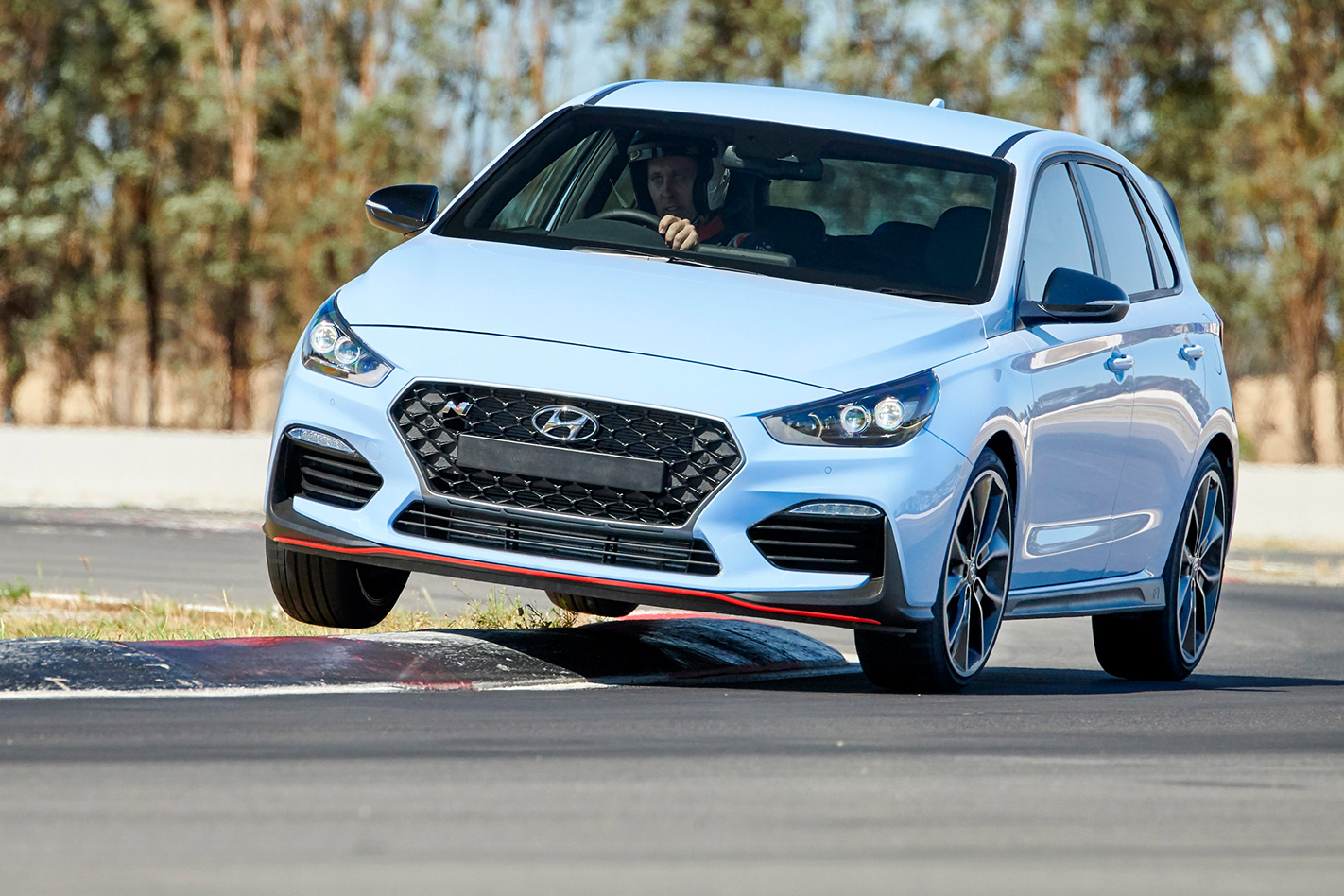
The only glaring omission is an automatic option for the i30 N, though that’ll come later in the car’s life cycle.

